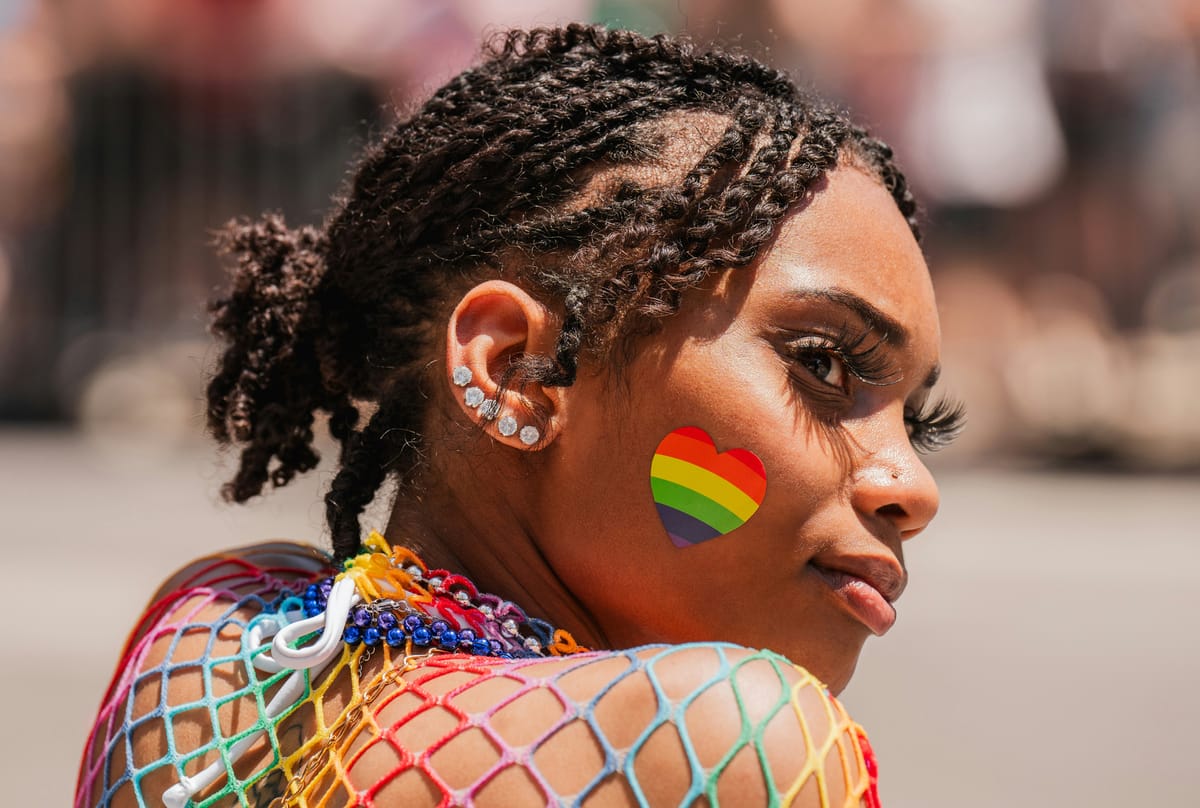Burkina Faso criminalises homosexuality amid international concern

Burkina Faso has officially criminalised homosexuality following the unanimous passage of a controversial law by its transitional parliament. Offenders now face prison sentences ranging from two to five years, alongside financial penalties. The legislation, which amends the country’s family code, was approved on Monday and takes immediate effect.
Justice Minister Edasso Rodrigue Bayala announced the law on national television, describing homosexual acts as “bizarre behaviour” and affirming that foreign nationals convicted under the law would be deported. “You will go before the judge,” Bayala stated, underscoring the government's intent to enforce the new measures strictly.
The move marks a sharp reversal in Burkina Faso’s legal stance on same-sex relationships. Previously, the country had been one of the few in Africa where homosexuality was not criminalised, owing to its legal heritage from France, which did not impose anti-LGBT laws during colonial rule.
The law was passed by 71 unelected members of the transitional government, which has been in power since the military coup of 2022 led by Captain Ibrahim Traoré. Officials have framed the legislation as part of a broader reform of family and citizenship laws, aimed at reinforcing “marriage and family values”.
Burkina Faso now joins over half of Africa’s 54 nations that criminalise homosexuality, with penalties ranging from imprisonment to, in some cases, the death penalty. The development mirrors similar legislative trends in neighbouring Mali, Ghana and Uganda, where anti-LGBT laws have drawn widespread international condemnation.
Human rights organisations have expressed alarm over the new law, warning of increased persecution and erosion of civil liberties under the military-led government. Critics argue that the legislation is part of a broader crackdown on dissent and minority rights, which has intensified since the junta took power.
Support independent LGBTQ+ journalism
Scene was founded in Brighton in 1993, at a time when news stories about Pride protests were considered radical. Since then, Scene has remained proudly independent, building a platform for queer voices. Every subscription helps us to report on the stories that matter to LGBTQ+ people across the UK and beyond.
Your support funds our journalists and contributes to Pride Community Foundation’s grant-making and policy work.
Subscribe today

Comments ()